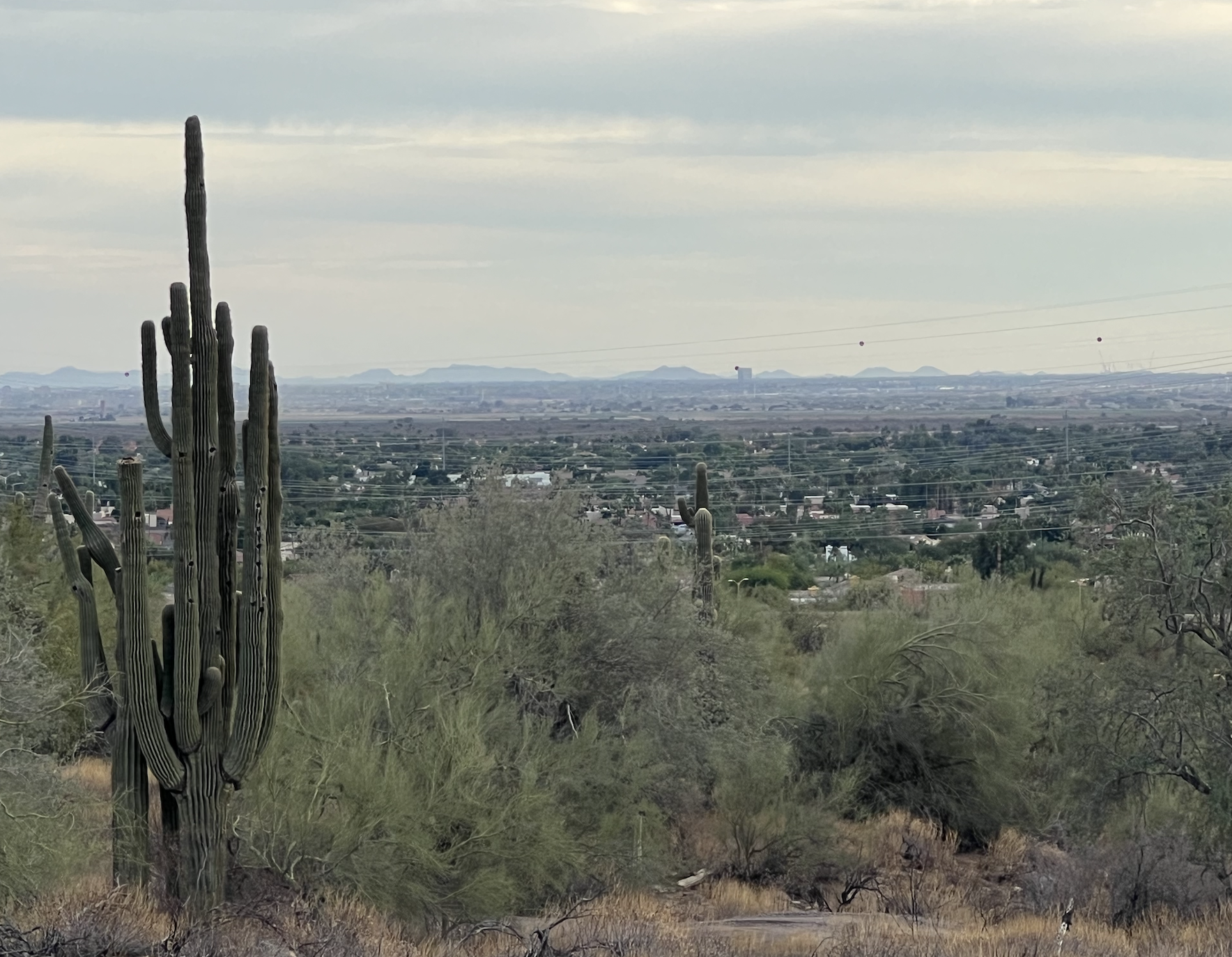I loved the Open Space experience I had last week on the Vancouver Island, Art of Hosting. One group was called on credentials. It began as an inquiry into what it takes to do this kind of hosting work. Had some of that feel of “what training?” It really came alive for me as it shifted to “what practice?” Chris Corrigan offered a few points. The group reflected on some. It fed the list I was noting in my book and helped me to see at a next level, a new paradigm for credentials.
1. Credential as Practice — An older kind of thought would be credential as certification. As bestowed. Yes, there is value in this. I get the part about integrity of training and learning, etc. I get the part about key skills. Yet, there is also immense freedom to think of being credentialed by our practice. By our doing. By our “here is what I’ve learned lately, incomplete as it may be.” It is a nice shift into emphasizing the learning process rather than the learning event.
2. Work with Friends — Lots of friends. Practice together. Learn together. Feed off of each other to sharpen skills to see at the next level. To notice at the next level. To act from what we see emerging.
3. Offer Something — A harvest. A story. A poem. A question. An invitation to work together. An invitation to create together. The shift in paradigm includes re-relationing from the authority of an institution into working within a web of people, into a community of practice. From “is it my place,” sometimes restrained by organizational form into “gift to offer” that can then be received by those ready for it within the community.
4. Learn in Public — Make it transparent. Open. Like the physical office windows or doors in many well-designed contemporary learning organizations. Learn as you go. And in front of people with you new ideas. Half-cooked ideas. Learnings. Insights. Learn on behalf of the whole.
5. Have a Presencing Practice — With my friends at The Berkana Institute, I learn that this work is about emergence. It is about how we are creating the conditions for emergence within human systems. This is closely connected to learning about next levels of consciousness. It requires an ability to notice the seemingly invisible. The way that the whole of the room is speaking on behalf of any of the individuals. I find this to be a different kind of noticing. It requires me to be comfortable with stillness. With uncertainty. Presencing practices help me to hold myself and others better in that noticing and uncertainty. Meditate. Chi Gong. Yoga. Tai chi. Journaling. Something that helps you know enough stillness to hold self and others in chaos.
6. Examine Core Beliefs — Keep this as an active conversation. For example, one of mine is the innate need to create. It riffs off of what I’ve often heard from Meg Wheatley about humans in living systems — “People support what they create.” My sense is that the desire to create — solutions, innovations, structures,, clarity — this is innate for us. It is a need, as strong as a need for food, shelter, love. I’ve discovered a few core beliefs along the way I’ve let go of. I’ve found a few new ones too. Credentialed by the ability to let go and construct fundamental beliefs.
7. Learn Global. Connect Regional. Act Local — Another one I learn with friends at Berkana. It is good to learn together with people at conferences, in person, around the world. Amazing to think how we are changed by meeting the hearts of others. And to connect in regional efforts often is to strengthen courage. All for acting local. Doing the work in front of us.
Gratitude to the eight or so people that helped to created this learning.
